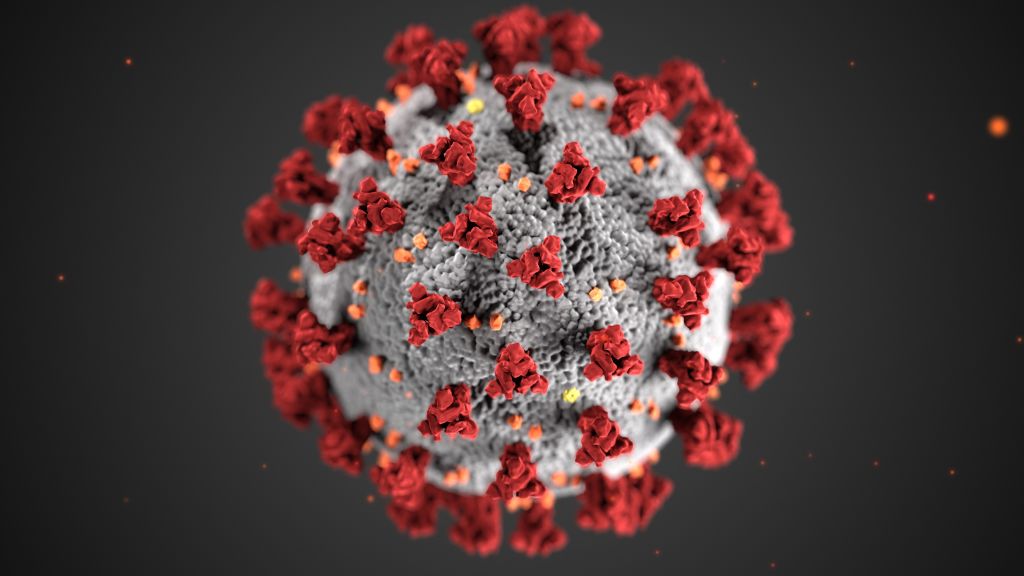
In May 2021, the World Health Organization (WHO) announced that key variants of SARS-CoV-2, the virus that causes COVID-19, would be assigned names from the Greek alphabet, in addition to their scientific designations, to give people around the world a simple, non-stigmatizing way to talk about them. (Previously and problematically, variants were often referred to depending on where they were first detected.) That system led to household names like Alpha, Delta, and Omicron.
But after Omicron was first detected in late 2021, variants started to sound a lot more technical, with names like BA.2, BA.2.12.1, BA.4, BA.5, and, most recently, BA.2.75. Why all these complex names when there’s still no variant known as Pi?
All along, there have been far more SARS-CoV-2 variants than have gotten Greek names; the WHO assigns alphabetical names only to variants of concern that are significantly different from previous ones. “At the time Omicron was emerging, there were hundreds of sublineages of Delta that we were tracking,” explains Maria Van Kerkhove, the WHO’s technical lead for COVID-19. Compared to those, Omicron represented a drastic shift in the virus’ evolution, with a “substantial” number of mutations, Van Kerkhove says. As we now know, those mutations made Omicron more contagious but a bit less severe than Delta.
While there are differences between BA.2, BA.4, BA.5, and the rest of the Omicron subvariants, they’re all fairly similar to each other and the original Omicron strain. That’s why they’re considered descendants of Omicron rather than their own distinct variants with different Greek names to match, Van Kerkhove says.
But some experts think that system needs an update. Trevor Bedford, a professor in the vaccine and infectious disease division at Fred Hutchinson Cancer Center in Seattle, says it would be better to give significant subvariants names of their own, at least from a public communications perspective. When you say “‘Omicron subvariant BA.2.12.1,’ people tune out,” Bedford says.
The evolutionary jump from Delta to Omicron was large, and the virus may not change that dramatically again for years—if ever, Bedford says. So, in his opinion, there should be a lower bar for assigning new alphabetical names. BA.2 was about 30% more transmissible than the original Omicron strain, he points out, which was a meaningful shift. BA.5, our current tormentor in the U.S., seems to be the most contagious yet.
“If you have a variant that is driving a sizable epidemic in multiple places throughout the world,” Bedford says, “it’s easy to give these a label and would help with everyone understanding what’s going on.”
Van Kerkhove stresses that the WHO still considers and treats Omicron relatives as variants of concern, even if they haven’t been assigned new names.
She adds that scientists around the world continue to monitor the virus’ evolution—but that’s getting increasingly difficult because testing and surveillance efforts have fallen by the wayside as many countries relax pandemic precautions and home testing grows more popular. But that doesn’t mean the virus has stopped mutating. There were 5.7 million cases reported globally last week alone, Van Kerkhove notes. Widespread transmission means not only that lots of people will get sick and potentially die, but also that the virus will have chances to keep mutating—perhaps into yet more gradations of Omicron, or perhaps into a variant different enough to earn the label of Pi.
“The virus is under pressure to change,” Van Kerkhove says. “We should be prepared for subtle changes…but we [also] have to be prepared for a completely different virus.”
More Must-Reads from TIME
- Cybersecurity Experts Are Sounding the Alarm on DOGE
- Meet the 2025 Women of the Year
- The Harsh Truth About Disability Inclusion
- Why Do More Young Adults Have Cancer?
- Colman Domingo Leads With Radical Love
- How to Get Better at Doing Things Alone
- Michelle Zauner Stares Down the Darkness
Write to Jamie Ducharme at jamie.ducharme@time.com